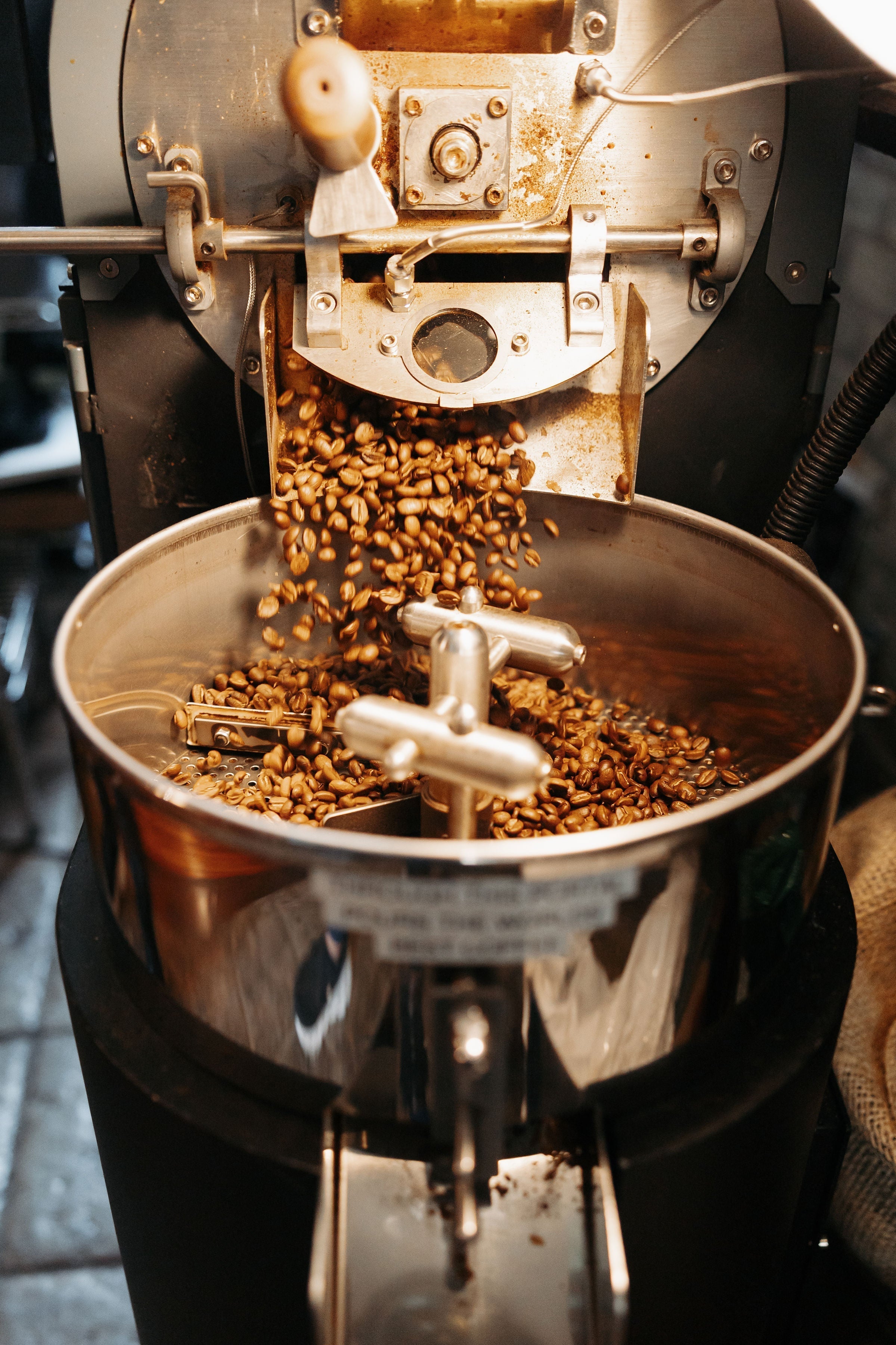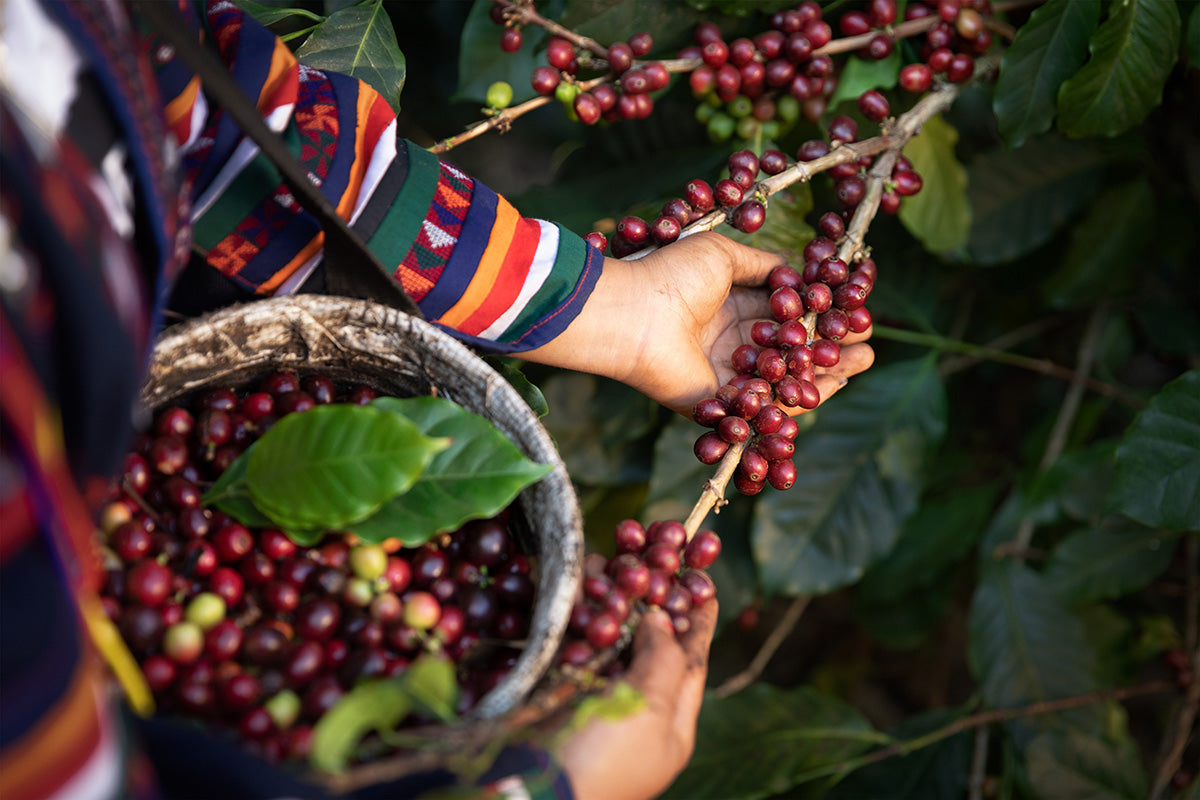
A World of Coffee: Brewing Traditions Across Cultures
Coffee is more than just a beverage; it’s a cultural experience, a ritual, and a way of life for many around the world. From the bustling cafes of Italy to the serene tea houses of Ethiopia, each culture has developed its own unique way of preparing and enjoying coffee. Let’s take a journey through some of the most fascinating coffee traditions across different countries.
1. Italy: The Art of Espresso
In Italy, coffee is synonymous with espresso. This small, concentrated shot is the foundation of Italian coffee culture, often enjoyed standing at a bar in a bustling café. Italians typically drink their espresso quickly and with minimal additions—perhaps a sprinkle of sugar but rarely milk after the morning hours. Variations like the macchiato (espresso with a dash of milk) and the cappuccino (espresso with steamed milk and foam) are also popular, though cappuccino is traditionally reserved for breakfast.
2. Turkey: The Ritual of Turkish Coffee
Turkish coffee is more than just a drink—it’s a centuries-old tradition. Finely ground coffee is simmered in a special pot called a cezve with water and sugar (if desired) over low heat, creating a thick, unfiltered brew. It is served in small cups, often accompanied by a piece of Turkish delight. Fortune-telling by reading the coffee grounds left in the cup is a beloved tradition in Turkish culture.

3. Ethiopia: The Birthplace of Coffee
Ethiopia, the birthplace of coffee, has one of the most elaborate coffee rituals in the world. The Ethiopian coffee ceremony involves roasting fresh beans over an open flame, grinding them by hand, and brewing them in a clay pot called a jebena. The coffee is served in small cups and often accompanied by popcorn or traditional snacks. This ceremony is a communal event, symbolizing hospitality and respect.
4. Japan: Precision in Pour-Over
Japan’s coffee culture is defined by precision and craftsmanship. Pour-over coffee, especially using methods like the Hario V60 or Chemex, is highly popular. Each step, from the grind size to the pouring technique, is carefully controlled to produce a delicate and balanced cup. Kissaten, traditional Japanese coffee houses, emphasize a slow and intentional approach to coffee, offering a tranquil atmosphere for enjoying the brew.
5. France: Café Culture and Leisure
In France, coffee is deeply intertwined with social life. A typical order might be a café (espresso) or café crème (similar to a latte). Unlike the quick espresso culture of Italy, the French often enjoy their coffee slowly at a café terrace, watching the world go by. A croissant or a tartine often accompanies the morning coffee, making it a leisurely affair.
6. Mexico: Café de Olla’s Sweet Spices
Café de Olla is a traditional Mexican coffee prepared in a clay pot with cinnamon and piloncillo (unrefined cane sugar). The earthenware pot gives the coffee a distinctive taste, and the warming spices make it a comforting beverage. This coffee is deeply rooted in Mexican heritage and is often enjoyed in rural areas and traditional markets.
7. Vietnam: The Richness of Egg Coffee
Vietnam is famous for its robusta coffee, often prepared with sweetened condensed milk in the iconic cà phê sữa đá (iced coffee). A unique specialty is egg coffee (cà phê trứng), made by whipping egg yolks with sugar and condensed milk to create a creamy, custard-like layer on top of strong coffee. This indulgent drink originated in Hanoi and remains a beloved part of Vietnamese coffee culture.
8. Sweden: Fika and the Social Side of Coffee
Swedes take their coffee seriously, incorporating it into a daily tradition called fika—a break to enjoy coffee and pastries with friends or colleagues. Swedish coffee tends to be strong, often brewed using a simple drip or immersion method. The focus is on connection and relaxation rather than just the caffeine fix.
9. Saudi Arabia: Spiced Arabic Coffee
Arabic coffee, or qahwa, is a staple of Middle Eastern hospitality. Brewed with lightly roasted Arabica beans and flavored with cardamom, sometimes with cloves or saffron, it is served in small cups alongside dates. Arabic coffee is central to social gatherings and traditional ceremonies, reflecting generosity and respect.

No matter where you go, coffee is a universal language that connects people. Each country’s preparation method reflects its history, values, and way of life. Whether you’re sipping a quick espresso in Italy, indulging in an Ethiopian coffee ceremony, or enjoying a leisurely fika in Sweden, each cup tells a story of its culture and tradition. So, why not explore these coffee styles and bring a little global inspiration to your next brew?


